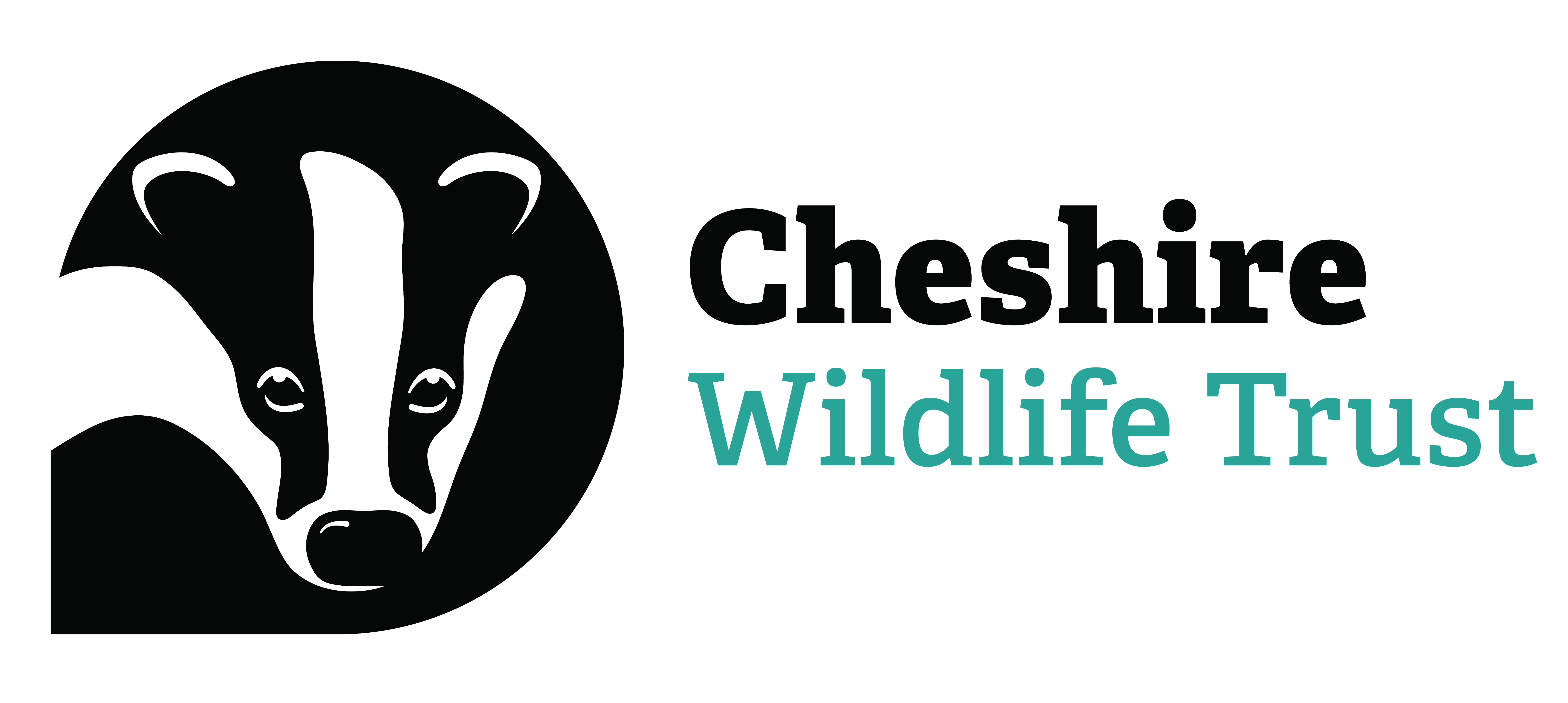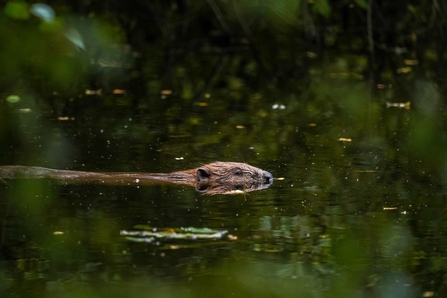To date, the only officially sanctioned beavers living wild in the UK are in Scotland and along the River Otter in Devon, where Devon Wildlife Trust has worked with the local community to ensure they can thrive.
In November 2020, Cheshire Wildlife Trust released a pair of Eurasian beavers into a 4.5 hectare enclosure at Hatchmere Nature Reserve near Delamere Forest as part of a five-year reintroduction project. Following the Trust’s appeal to bring them back to the county after a 400 year absence, over half of the £85,000 that was needed was raised by members of the public.
Kevin Feeney, Senior Living Landscape Officer for Cheshire Wildlife Trust said:
“The news on a beaver consultation in England is positive. Beavers are a natural and sustainable solution to managing wildlife havens. We spend a lot of our time managing sites for nature, which beavers do better and cheaper. We can already see the huge benefits to Hatchmere in less than a year and other species including dragonflies and amphibians are already flourishing here compared to previous years.”
The Wildlife Trusts believe beavers should be allowed to return to the wild across the UK and expand their range naturally. The movement of 46 charities has been calling for ambitious strategies in England and the devolved nations to enable this to happen.
The consultation paves the way for future releases into the wild that deliver significant benefits for nature and society. It includes proposing a practical system for supporting landowners and communities where beaver reintroductions have taken place and recognises that the quantifiable benefits of beaver reintroductions far outweigh any financial costs.
The public have until 17th November to have their say about the future of this keystone species.
Beavers are industrious herbivores that are native to mainland Britain but were hunted to extinction in the 16th century by people who wanted their fur, meat, and scent glands. The end of beavers led to the loss of the mosaic of lakes, meres, mires, tarns, and boggy places that they were instrumental in creating. Their ability to restore and maintain important wetland habitats is why reintroducing this species is so important.
5 years of research by Devon Wildlife Trust shows that beavers are brilliant for people and wildlife:
- They create a fantastic range of wetland habitats that provide homes for other wildlife and greatly enhance conditions for nature to thrive and store carbon
- The channels, dams and wetlands that beavers engineer hold back water and release it more slowly after heavy rain, helping to reduce the risk of flooding
- Their activities prevent soil being washed away after rainfall – their dams filter water, cleaning it and reducing pollution downstream
The Wildlife Trusts want the England beaver strategy to achieve its full potential and are calling on the government to:
- Ensure beavers thrive in the wild by supporting carefully targeted reintroduction projects, bolstering populations where necessary to ensure their long-term health
- Help landowners to make space for watercourses and wetlands created by beavers by providing appropriate schemes and funding programmes
- Adopt systems of management that ensures beavers are properly protected in a flexible and simple way that avoids excessive administrative burdens on land-managers and regulators
- Support local beaver management groups to deliver information, advice, and assistance to maximise the benefits beavers bring and minimise potential conflict
The Wildlife Trusts are at the forefront of beaver reintroduction in the UK and are releasing a record number of beavers in 2021 – twenty years after bringing the first-ever beavers back to Britain. Around 20 beavers will be released this year in fenced areas. In Scotland and Devon, the populations have been allowed to become wild; elsewhere, beavers have been released in enclosed areas.
Funded by The Wildlife Trusts, Professor Richard Brazier of University of Exeter is undertaking a mapping exercise for England and Wales to assess which areas are suitable for beaver reintroductions. South-west England has now been fully mapped and Professor Brazier and his team are already progressing with mapping SE England. We expect this mapping work to extend to all of England and Wales by March 2022. Areas which could be suitable for beavers in Scotland have been mapped by NatureScot.
Once the consultation closes, Government must publish a strategy in response, setting out the framework for future beaver reintroductions and support for landowners who make space for beavers on their land.

